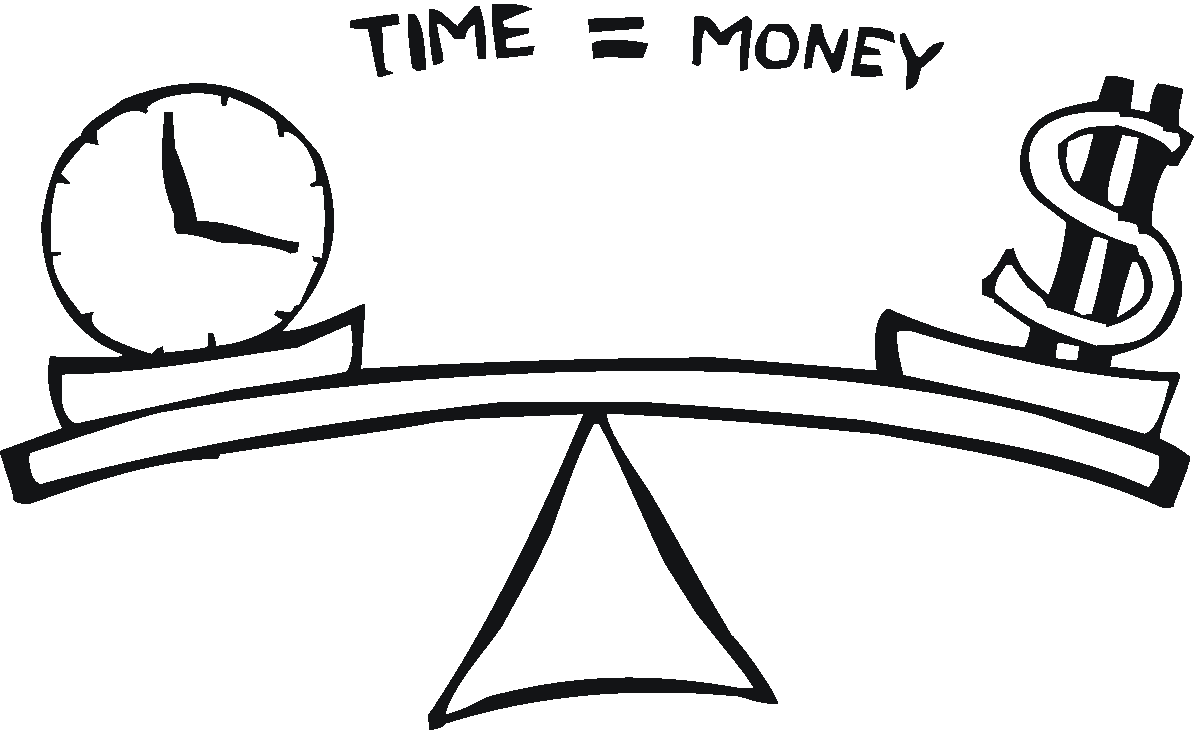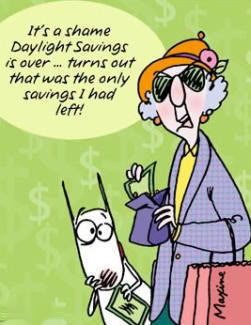I remember very clearly the first time I experience the political phenomenon known as daylight savings time. It was in 2003, when I was 18 and I was abroad (we don’t have daylights savings time in Bolivia). Messages were everywhere reminding us to switch the time in our clocks and I was confused by it all – why where we doing this? The answer I received was: to save money and allow workers to go home during daylight hours.
But does daylights savings actually save money? If so, to whom? I’m on a quest to find out.
Energy savings may not necessarily decrease
DST is meant to save money on electricity use. But the more I read about it online, the more I realize that there’s a significant amount of debate on the efficiency of DST and its effect on energy savings. According to National Geographic, “studies question whether daylight saving time produces any gains at all – and some suggest it may have the opposite effect.” (Source) It seems that although lighting demand dropped, warmer hours of extra daylight cause increased use of air-conditioning, which cancels out any gains from reduced lighting. Ironically, the darker mornings also cause increased use of lighting. (Source)
Other sources and studies claim that energy use does effectively go down thanks to DST. Scientific American shows that an October 2008 report calculated the reduction in the United States alone at about 0.5 percent less use of the nation’s electricity per day, adding up to 1.3 trillion watt-hours in total. If the significance of the numbers are difficult to understand, this is the amount of electricity needed to power 100,000 households a year. (Source)

Gasoline consumption increases
It’s always interesting for me to see the impact caused by one policy upon other apparently disconnected industries. With the extra hour of daylight post-work hours, there’s an increased use of gasoline, which is both a national and personal expense. As gasoline is often subsidized by governments, this expense can take a toll on national budgets.
Why does this happen? Families have more light at the end of the day to use for driving to activities, malls, and other places. This is wonderful for quality family time and socializing, but less helpful to the environment and family budgets. Gasoline consumption increases significantly due to daylight savings time, which is a reason why petroleum companies are huge supporters of DST.
Increase in overall consumption = great for the economy short term, bad for the pocket
In the United States, DST has been stretched from six to eight months because several industries have supported it so heavily. Why, you ask? Well, because that extra hour of daylight has caused a massive increase in consumption of goods – from people heading to the mall, to barbecues, to restaurants – you name it, there’s money in it. From a macro-economical point of view, this is great on a short term basis; money being spent strengthens the economy. From a family point of view, this means that families are spending far more which means less savings. This can impact the economy long term as it increases the gap between the middle class and the rich.

The final view: I have no idea if DST actually saves money. And it looks like I’m not alone in this! The web is full of arguments from both ends and studies and evidence support both sides of this ongoing debate.
What are your thoughts? Do you notice a difference in your spending due to DST?
 All The Frugal Ladies Personal finance with a feminine touch
All The Frugal Ladies Personal finance with a feminine touch








